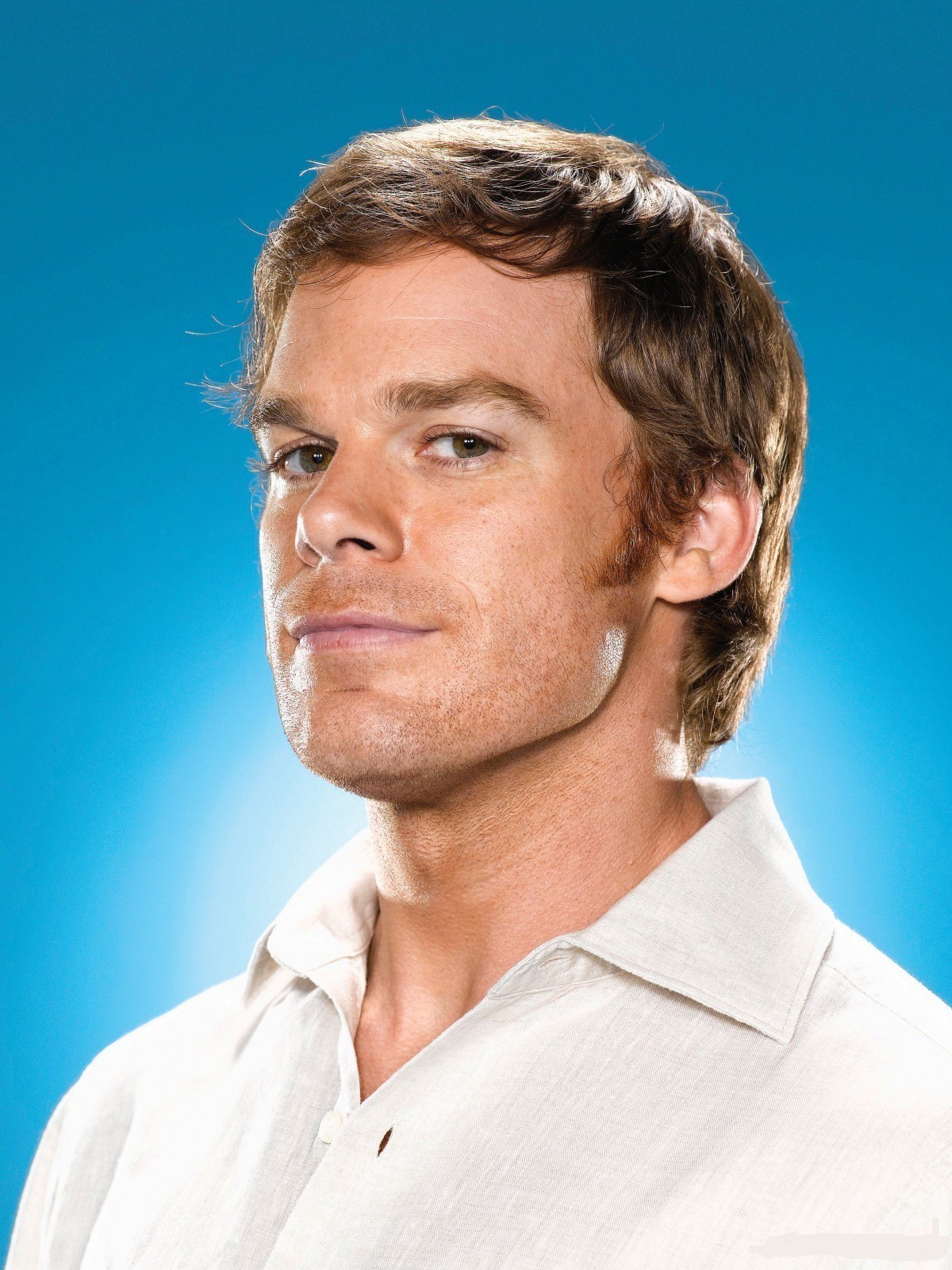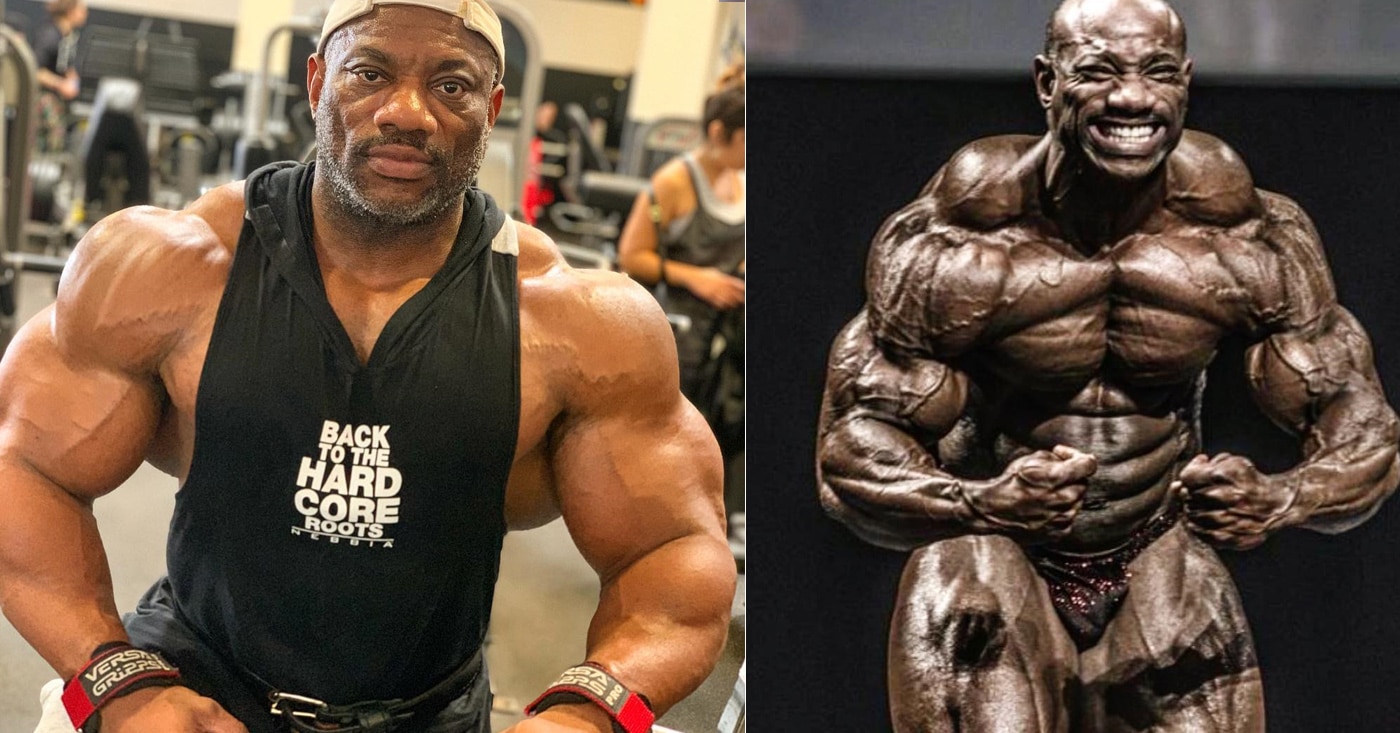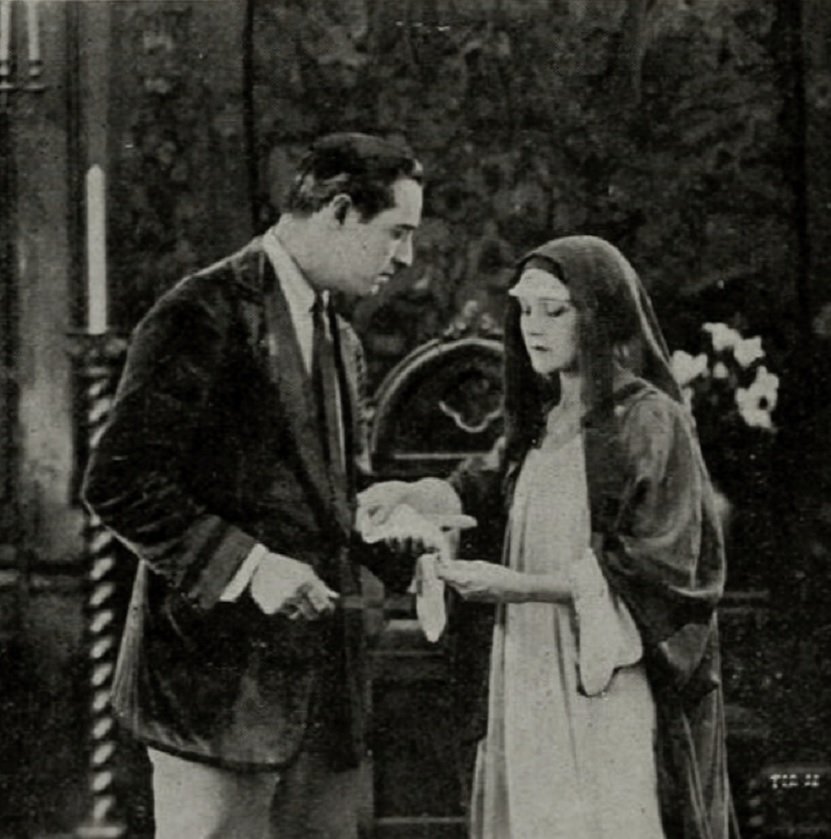Is it possible to find empathy for a serial killer? The television series "Dexter" boldly suggests that it is, and in doing so, it revolutionized the way we perceive the anti-hero on screen. The show, known for its complex narrative and morally ambiguous protagonist, has captivated audiences worldwide, sparking countless debates and analyses of its central character, Dexter Morgan.
The term Dexter Height, while not a literal measurement, encapsulates the multifaceted nature of the show and its eponymous character. It refers to the depth of understanding and exploration of Dexter's complex psyche, his actions, and the world he inhabits. This analysis will delve into various aspects of Dexter's life, examining how "Dexter Height" shapes his character and influences the narrative, ultimately revealing why Dexter remains a significant figure in contemporary television.
The premise of "Dexter," which premiered on October 1, 2006, and was developed for television by James Manos Jr., is built upon a fascinating dichotomy. The protagonist, Dexter Morgan, is a forensic blood spatter analyst for the Miami Metro Police Department. He's brilliant at his job, methodical, and seemingly ordinary. However, beneath this professional veneer lies a dark secret: Dexter is a vigilante serial killer. He channels his homicidal urges into hunting down other murderers who have escaped justice, following a code instilled in him by his adoptive father, Harry Morgan, played by James Remar. This duality the seemingly normal man and the cold-blooded killer is the cornerstone of Dexter's character and the overarching narrative of the show. The series skillfully navigates this duality, forcing viewers to confront complex moral questions and grapple with the complexities of human nature.
- Is Selena Gomez Pregnant Exploring The Latest News Rumors
- Unveiling Jackie Onassis Style Grace Amp Her Enduring Legacy
| Aspect | Details |
|---|---|
| Name | Dexter Morgan |
| Occupation | Forensic Blood Spatter Analyst (Miami Metro Police Department) |
| Alias | The Dark Defender |
| Date of Birth (inferred) | Based on the series, likely in the mid-1970s. The exact date is not explicitly stated. |
| First Appearance | October 1, 2006 (Television Series Premiere) |
| Portrayed by | Michael C. Hall |
| Key Relationships | Deborah Morgan (Sister), Rita Bennett (Wife, deceased), Harrison Morgan (Son) |
| Skills | Exceptional blood spatter analysis, surgical precision in killing, skilled at deception and maintaining a "normal" facade. |
| Weaknesses | Emotional detachment, vulnerability related to his past trauma, reliance on his "code" and the potential for it to be compromised. |
| Education | Information not explicitly provided in the series, but implied to have a strong understanding of forensic science and a solid education. |
| Known Locations | Miami, Florida (primarily) |
| Reference | IMDB - Dexter |
Dexter Morgans character development is arguably the most compelling aspect of the series. From a traumatized child, shaped by witnessing his mother's brutal murder, to the complex adult navigating the world with a carefully constructed faade, his journey is meticulously crafted. The writers expertly explore Dexter's internal conflicts, providing viewers with a nuanced understanding of his motivations. He grapples constantly with his identity, torn between his innate urges and the need to appear normal, to fit in. The code instilled by Harry serves as his moral compass, dictating who he can kill and how. This code, while seemingly providing structure and purpose, also traps him in a cycle of violence and secrecy, isolating him from genuine human connection.
Throughout the series, Dexters relationship with his sister, Deborah Morgan, played by Jennifer Carpenter, serves as a pivotal element in his character arc. Their bond is complicated; she loves him unconditionally and trusts him implicitly, oblivious to his true nature. Dexter, in turn, is fiercely protective of her, and his desire to protect her fuels many of his actions. This creates a compelling tension, forcing him to balance his dark urges with his love for his sister and his growing need for genuine human connection. He often finds himself in situations where he must choose between his "code" and his sister's safety, or between his dark urges and his desire for a normal life. The evolution of their relationship is a testament to the series' ability to explore the complexities of family dynamics and the impact of secrets on those relationships.
The exploration of themes is central to "Dexter's" success. The series delves into profound questions about morality, justice, and the nature of evil, all through the lens of Dexter's actions. His vigilante justice inevitably blurs the lines between right and wrong, forcing viewers to confront their own moral compasses. The show's writers masterfully craft a narrative that challenges preconceived notions about good and evil, leaving the audience to ponder the justifications and consequences of Dexter's choices. The narrative isn't a simple glorification of violence; it's a deep dive into the psychological underpinnings of such actions, prompting viewers to question the motivations behind them and the societal factors that contribute to them.
- Soonyi Previn Biography Life And Controversies Explained Discover
- Caryn Chandler Unveiling Her Life Career Journey Entertainment Icon
Morality and Justice
- The Blurred Lines Between Good and Evil: Dexter operates in a gray area, making his morality a subject of constant debate. He only kills those he deems deserving, but is that true justice? The series presents arguments for and against this perspective.
- The Consequences of Vigilante Justice: Dexter's actions have significant repercussions, affecting not only his victims but also those around him, particularly his family and colleagues. The series explores the collateral damage inherent in his actions.
- Personal vs. Societal Morality: The series pits Dexter's personal code against the laws of society, creating a conflict that forces viewers to consider different moral frameworks. His internal struggle reveals the clash between his nature and the expectations of society.
Identity and Duality
- The Struggle for Self-Acceptance: Dexter's internal conflict stems from his inability to accept his true self. He yearns for connection, but his dark passenger, his need to kill, always holds him back.
- The Duality of Human Nature: The show explores the duality within all individuals. Dexter is the embodiment of the conflict between dark and light, forcing viewers to question their own capacity for both good and evil.
- Impact of Upbringing on Identity: Dexter's childhood trauma, especially his mother's murder, has shaped his entire identity. The series demonstrates the lasting effects of trauma and the formative power of early experiences.
Delving deeper into Dexters psyche reveals a character shaped by profound trauma and a relentless need for control. The "Dark Passenger," a term used in the series to describe his homicidal urges, is a manifestation of his childhood experiences. His childhood trauma, specifically witnessing the brutal murder of his mother, is the catalyst for his development. Harry Morgan, recognizing the darkness within him, taught him a code a set of rules and guidelines to channel his urges and control his actions. This code, while seemingly offering a semblance of order, also serves as a psychological prison, preventing him from truly connecting with others and perpetuating his cycle of violence.
The series skillfully illustrates the psychological impact of Dexters actions. He experiences a profound sense of isolation, unable to share his true self with anyone. He meticulously crafts a persona, adopting behaviors and emotions that he doesn't genuinely feel, to blend in with the world around him. This constant effort to maintain his facade creates a deep sense of internal conflict. His desire for genuine human connection is constantly thwarted by his need to kill, leading to an unending cycle of emotional detachment and superficial relationships. This internal conflict is at the heart of Dexter's character, making him a deeply flawed but ultimately compelling figure.
Since its debut, "Dexter" has had a profound cultural impact, leaving an indelible mark on popular culture. The character of Dexter Morgan has become a symbol of the anti-hero archetype, captivating audiences with his moral complexities. Michael C. Hall's compelling performance perfectly embodies the character's internal struggle and the duplicitous nature of his life, earning him numerous accolades and critical acclaim. The show's success also created a demand for similar complex and morally ambiguous protagonists, influencing other television shows and films in the crime drama and psychological thriller genres.
The show's unique blend of crime drama, psychological thriller, and dark humor garnered critical acclaim and a dedicated fanbase. The series was praised for its intricate storytelling, its suspenseful atmosphere, and its exploration of complex themes. It challenged viewers to empathize with a character who, on the surface, was morally reprehensible. The show also sparked numerous discussions and debates about morality, justice, and the nature of evil, solidifying its place as a significant cultural phenomenon. The series' influence extends beyond its original run, continuing to inspire discussion and analysis long after its conclusion. Its legacy lies in its willingness to push boundaries and challenge audience expectations.
In conclusion, Dexter Height is more than just a catchphrase; it's a multifaceted concept that significantly enhances the narrative of "Dexter." Through its in-depth exploration of character development, the profound themes it tackles, and its deep dive into psychological aspects, the series presents a profound commentary on morality, justice, and the complexities of the human condition. Dexter Morgan remains a compelling figure, inviting viewers to reflect on the complexities of these issues and the nature of identity itself. The show continues to resonate with audiences because it dares to ask difficult questions and provides no easy answers, forcing viewers to confront uncomfortable truths about themselves and the world around them.
The legacy of "Dexter" lies in its exploration of the human condition, its willingness to challenge conventions, and its ability to make us question our own perceptions of good and evil. It is a show that stays with you long after the credits roll, and Dexter Morgan remains a character whose story continues to fascinate and provoke thought.
- Unveiling Griselda Blanco The Cocaine Godmother Her Reign
- Sabrina Banks Leak Privacy Consent Digital Ethics Explained Year


